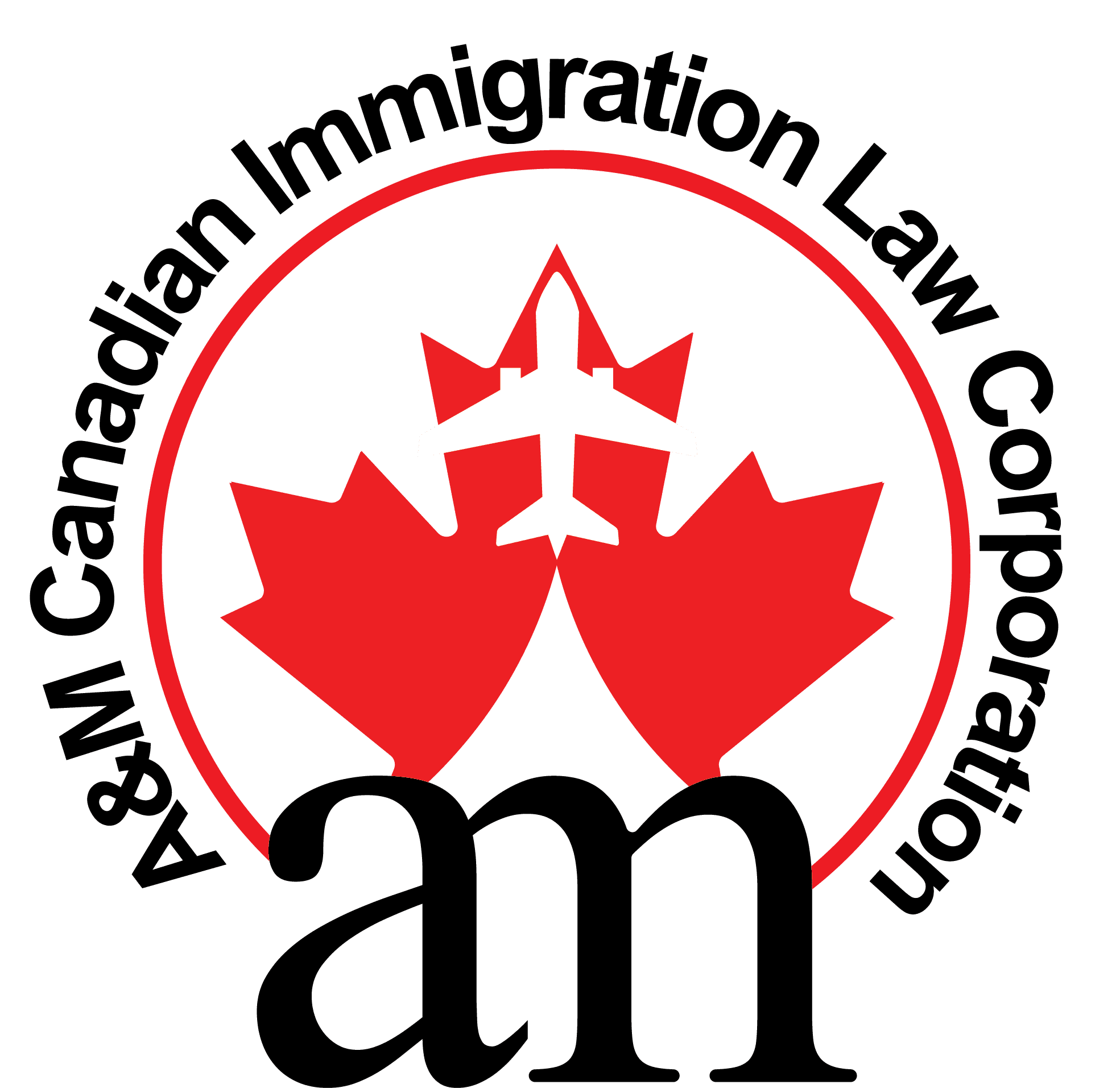Work Permits for Family Members of Foreign Workers in Canada
A&M Canadian Immigration Law Corporation
How Spouses and Children of Skilled Workers Can Apply
Canada recognizes the importance of keeping families together when skilled workers relocate for employment or while waiting for permanent residence (PR). To support this, Immigration, Refugees and Citizenship Canada (IRCC) allows spouses and dependent children of foreign workers and PR applicants to apply for open work permits. This gives families the ability to settle more easily and integrate into Canadian society.
Who Is Eligible?
- Spouses or common-law partners of skilled foreign workers employed in jobs classified under TEER 0, 1, 2, or 3 of the National Occupational Classification (NOC).
- Spouses or partners of applicants under certain PR streams (such as Express Entry or Provincial Nominee Programs).
- Dependent children of workers or PR applicants, usually if they are of working age (18+). Younger children typically apply for study permits instead.
What Is Required to Apply?
When applying for a spousal or dependent work permit, applicants generally need to provide:
- Proof of Relationship – Marriage certificate, common-law declaration, or birth certificate (for children).
- Principal Worker’s Documents – Copy of the work permit, job offer, or confirmation of skilled employment.
- Valid Passport – For each family member applying.
- Application Forms & Fees – Completed IRCC forms and applicable government processing fees.
- Biometrics – Fingerprints and a photo, depending on the applicant’s country of origin.
- Medical Examination – Required in certain cases, especially if working in healthcare, childcare, or education.
How to Apply
- Online Application through IRCC Portal
- Family members can apply from inside or outside Canada.
- Applications are usually submitted online with supporting documents scanned and uploaded.
- Processing by IRCC
- IRCC reviews eligibility, relationship proof, and the status of the principal worker.
- Biometrics and medical exams may be requested.
- Approval and Issuance
- If approved, an open work permit is issued, usually valid for the same length as the principal worker’s permit.
Frequently Asked Questions
Yes, in most cases, IRCC
issues an open work permit, meaning your spouse can work for almost any
employer without needing a job offer first.
Dependent children who are
of legal working age (usually 18+) may be eligible. Younger children typically
require a study permit to attend school in Canada.
The spousal or dependent
work permit usually matches the validity of the skilled worker’s permit. If the
worker extends their permit, dependents can apply to extend theirs as well.
Yes. It is often recommended to apply together so that the family’s permits are processed in alignment.
Mistakes can lead to delays or refusals. That’s why many applicants seek professional legal assistance.
Why Use Our Firm?
Navigating IRCC’s requirements can be complex, and even small mistakes may delay your family’s ability to work or study in Canada. Our immigration law team has:
- Experience with complex family applications
- Knowledge of IRCC’s latest requirements and policy updates
- Personalized guidance to ensure your family’s applications are strong and complete
Recommendation: Before applying, consult with our firm. We will review your case, prepare your applications accurately, and represent your family throughout the process for peace of mind.
Conclusion
Canada offers valuable opportunities for spouses and children of foreign workers to obtain work permits, ensuring families can stay together and thrive. By understanding IRCC’s rules and preparing carefully, you can secure your family’s future in Canada. For personalized assistance, Contact our firm today for expert advice and representation.






